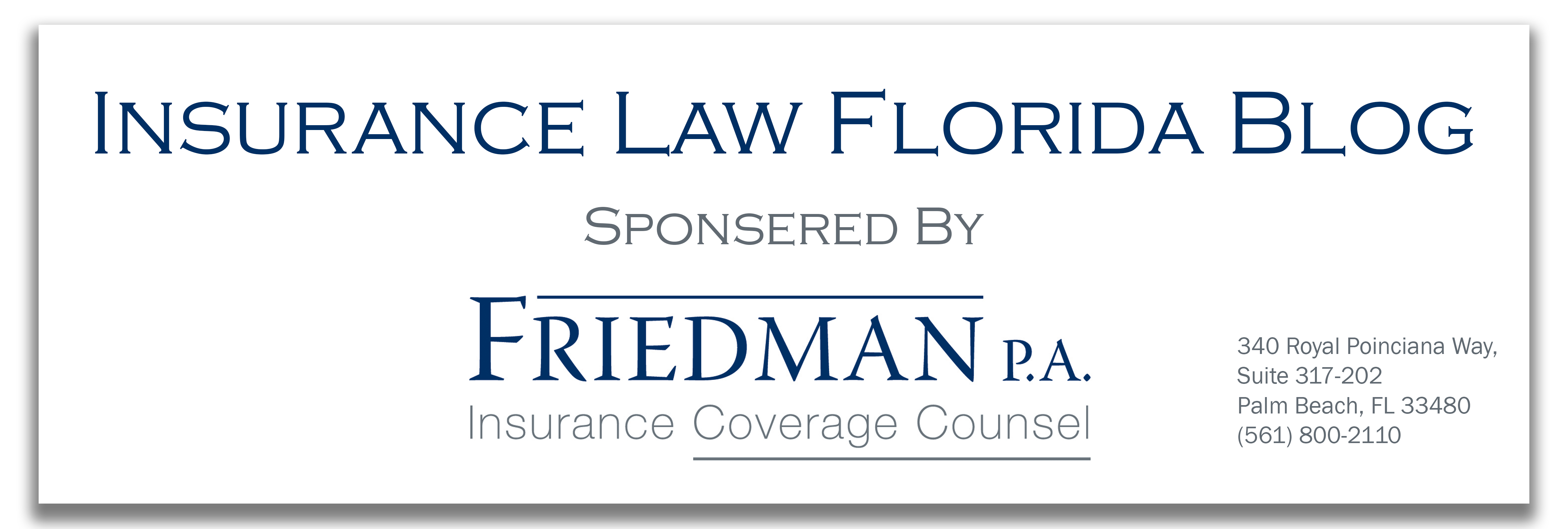I previously discussed the American Building Materials coverage cases here. ABM II was decided against the policyholder under Massachusetts law. Judge Bucklew of the Middle District of Florida entered summary judgment in the insurer’s favor after finding that Granite State’s Total Pollution Exclusion unambiguously excluded coverage for the Chinese drywall claims.
Yesterday, the Eleventh Circuit affirmed Judge Bucklew. The panel of judges, including retired Supreme Court Justice Sandra Day O’Connor sitting by designation, held that the Total Pollution Exclusion removed coverage regardless of whether Massachusetts or Florida law applied. You can read the complete opinion here.
The Eleventh Circuit’s conclusion was a fairly easy one under Florida law, given the unfavorable Florida precedent on pollution exclusion cases, and more recently, Chinese drywall cases. The fact that Florida applies a strict, textual construction of policy terms, and interprets pollution exclusions broadly, meant that the policyholder was doomed to fail under Florida law on a policy with the dreaded Total Pollution Exclusion.
The Eleventh Circuit’s discussion of Massachusetts law was surprisingly bereft of any analysis. Unlike Florida, Massachusetts applies the reasonable expectations doctrine, which looks beyond the terms of the policy to determine whether an “objectively reasonable insured, reading the relevant policy language, would expect to be covered.” This is a much more favorable standard of policy interpretation, and one that would seem to have greatly benefited the policyholder in this case. As explained by the court, in the pollution exclusion context, Massachusetts courts apply the pollution exclusion only to harm “caused by the kind of release that an ordinary insured would understand as pollution.”
I have previously stated my opinion that an ordinary person would not consider a homeowner with Chinese drywall in her house to be a “polluter”. The Eleventh Circuit apparently disagrees.
The panel noted that courts have refused to apply the pollution exclusion to situations involving fumes released by carpet adhesive, fumes released from muriatic acid used to etch a floor surface, and fumes emanating from cement used to install a plywood floor. In none of these cases was the release of fumes considered to be a “pollution” event.
In Justice O’Connor and the Eleventh Circuit’s view, an objectively reasonable insured should view the release of gasses from Chinese drywall to be pollution, and “more analogous to an oil spill” than a release of fumes from carpet or cement. I feel the need to state that another way, to highlight the absurdity of this statement: according to the Eleventh Circuit, a homeowner with Chinese drywall in her home is a polluter on par with Captain Hazelwood crashing the Exxon Valdez in Prince William Sound.
As a policyholder attorney who has fought many pollution exclusion cases, my opinion is obviously biased. Despite my inherent bias, I try in this blog to maintain at least some level of objectivity. But the Eleventh Circuit’s reasoning in this opinion with respect to Massachusetts law is among the worst I have seen in any coverage opinion. It is hard to believe that the opinion was released by the Eleventh Circuit, let alone by a panel including Justice O’Connor, one of the great jurists of our time.
I would not blame policyholder lawyers in Massachusetts if they decided to protest the ineptitude of the Eleventh Circuit by dumping Tropicana in Boston Harbor. As a member of the Florida bar I feel the need to apologize for the rest of the panel, but wish to point out that complaints to Justice O’Connor should be directed to Arizona.
